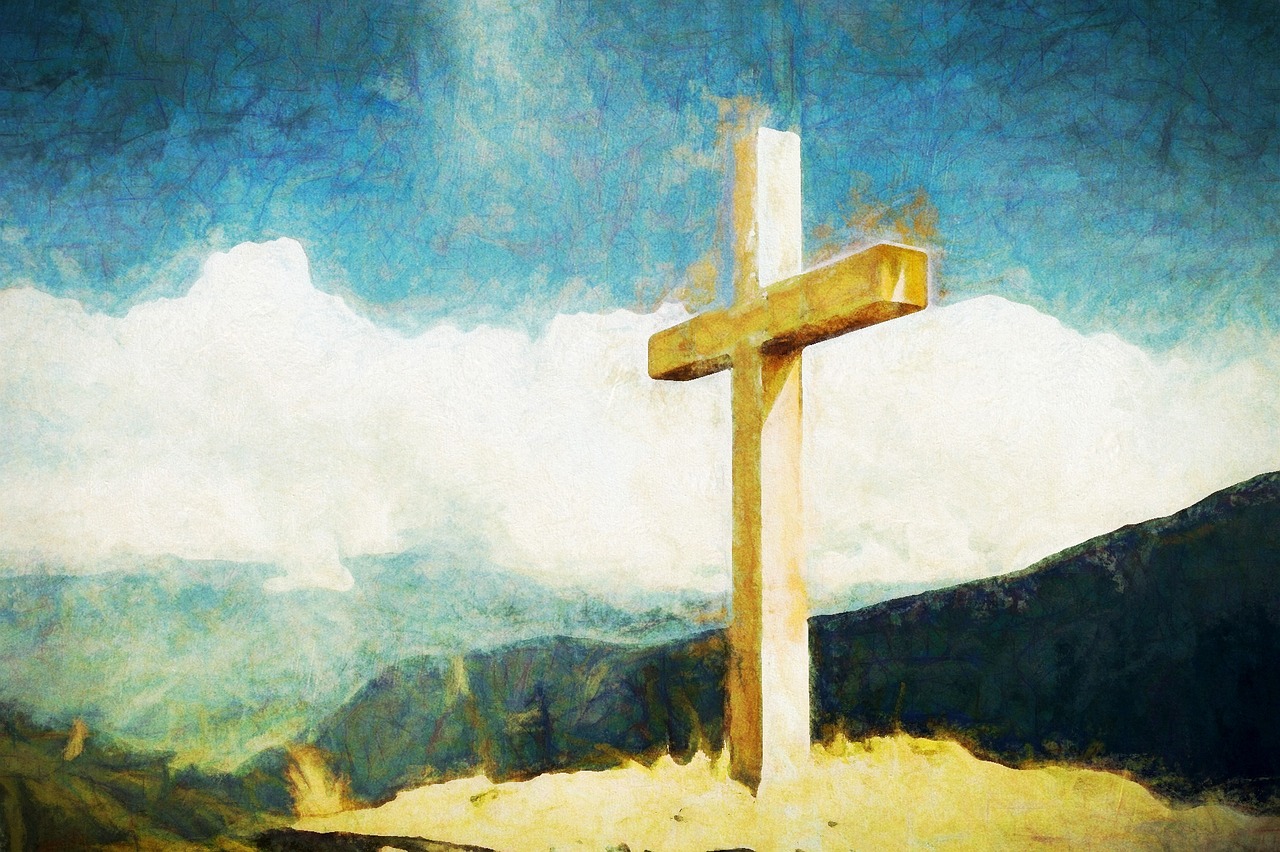(This is the third in a blog post series highlighting the seven signs of the Gospel of John. You can read the first blog post by clicking here: Introduction To The 7 Signs Of The Gospel Of John and the second blog post by clicking here: Sign 1: Water Turned To Wine)
SECOND SIGN: HEALING OF THE SON NEAR DEATH
Today we are considering the second sign of the Gospel of John, the healing of the son near death.
The text is found in John 4:46-54.
It reads:
46 So he came again to Cana in Galilee, where he had made the water wine. And at Capernaum there was an official whose son was ill.
47 When this man heard that Jesus had come from Judea to Galilee, he went to him and asked him to come down and heal his son, for he was at the point of death.
48 So Jesus said to him, “Unless you see signs and wonders you will not believe.”
49 The official said to him, “Sir, come down before my child dies.”
50 Jesus said to him, “Go; your son will live.” The man believed the word that Jesus spoke to him and went on his way.
51 As he was going down, his servants met him and told him that his son was recovering.
52 So he asked them the hour when he began to get better, and they said to him, “Yesterday at the seventh hour the fever left him.”
53 The father knew that was the hour when Jesus had said to him, “Your son will live.” And he himself believed, and all his household.
54 This was now the second sign that Jesus did when he had come from Judea to Galilee.
EXEGETING THE TEXT: JOHN 4:46-54
To begin with and prior to exegeting the text, I would like to suggest there are three levels of “belief” on the part of the royal official whose son is ill and near death in the story.
And so there is a progression in his faith, if you will.
The first level of belief is in Jesus’ miracles and His ability to do them. (John 4:48)
The second level of belief is in Jesus’ words. (John 4:50)
And the third level of belief is in Jesus’ person. (John 4:53)
And so we come now to the story and I would have you keep in mind that desperation has a way of moving people to faith. Isn’t it true?
There is a son who is sick and near death in v. 47. He is the son of a royal official, probably one of Herod Antipas’s court officials or possibly a relative of the royal (Herodian) family.
Whatever the case, his son is sick at Capernaum which is different than Cana (approximately a 16 mile trip).
Anyone who has a sick family member or relative nearing the point of death can understand the desperation of this father – and to travel 16 miles to get to Jesus is what I don’t want you to miss here.
And in v. 48, the “you” here is plural indicating Jesus is speaking to the Galileans as a whole (including the royal offical) who were there and what isn’t a jump to say is a problem for many people displayed in the statements, “Show me a miracle and then I’ll believe,” (Belief Level 1) and to a lesser extent, “God, if you do this for me, then I’ll be a Christian.” We are not to require miracles to believe, but to just trust God’s revealed word and put our faith in God’s word, the Bible.
And so we come to v. 49 now. Keep in mind the father’s desperation and emotions as he asks Jesus to come to his son before it’s too late. (Jesus will delay in the case of Lazarus and the 7th sign so as to let Lazarus die.)
But Jesus doesn’t need to be there.
And in the beginning of v. 50, all He has to do is speak the words and it happens.
In the same way, He (Christ) created the world. (Colossians 1:15-16; John 1:3, 10-11; Genesis 1-2)
Later on we will find out it’s at the very moment Jesus says, “Your son will live,” that the son recovers. (v. 52-53)
The father believes Jesus’ words (Belief Level 2)) in the next part of v. 50.
If He said it, then I believe it. This is part of the life of faith to believe what God has said. God is not a man that He should lie.
In contrast to the desperation and desperate feelings of 4 verses earlier, I want you to consider the relief/joy that overwhelms this man/father/royal official when his servants (English Standard Version)/slaves (New American Standard Bible) meet him with the news of his son’s recovery in v. 51-52.
Which brings him (the father) and ultimately his entire family to believe in Jesus as the Savior of the world (Belief Level 3) in v. 53.
The 7th hour in the verse equals 12 noon (as we tell time). “Believed” in v. 53 has a heavier emphasis and is equated with saving faith/salvation.
This story also reminds us how God not only cares about saving us from our sins and eternal death in hell, but He also cares for us on this side of eternity and will hear us and is with us also to help us in our desperate hour. (Psalm 46:1-2)
And finally, allow me to remind you, the purpose of the seven signs of the Gospel of John as mentioned in the first and second blog posts of this series:
They are written so that you (the reader) may believe that Jesus is the Christ, the Son of God, and that by believing you may have life in his name. (John 20:31)
We see it happening at the end of this story (John 4:53) just like we saw it at the end of the water turned to wine story. (John 2:11)
(Watch for the next installment of the 7 Signs Of The Gospel Of John Series to come soon.)
(Cross via pixabay)




